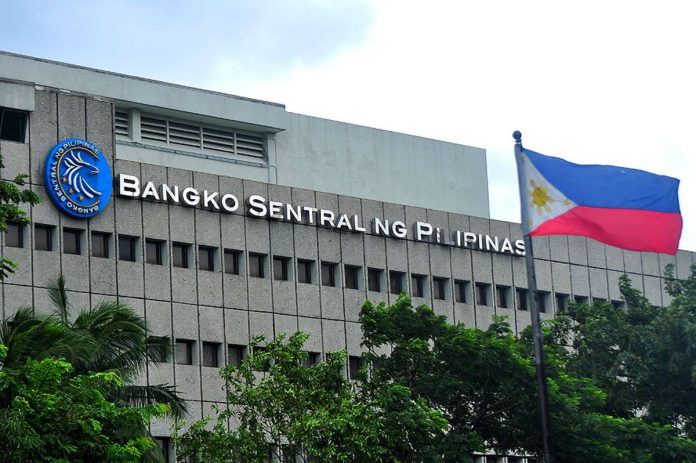
THE Monetary Board of the Bangko Sentral ng Pilipinas (BSP) has extended the moratorium on applications of non-bank electronic money issuers for another year, but noted that exceptions may be granted for those that meet the central bank’s conditions.
Under Memorandum 2023-035, the BSP said the moratorium on the regular application for new electronic money issuers – non-bank financial institutions (EMI-NBFI) has been extended until Dec. 15, 2024, as approved by the Monetary Board on Dec. 7, 2023.
It noted, however, that institutions may be exempted from the moratorium should they meet conditions such as having new business models, unserved targeted niches, and/or new technologies to be processed through the regulatory sandbox approach.
“These exceptions are intended to modify the current landscape in the e-money industry with new business models and new technologies shifting the focus to unserved and underserved markets,” the memorandum read.
The central bank in February hiked liquidity and capital requirements for select EMIs, in a bid to boost the resilience of the industry amid increasing risks related to information technology.
The BSP ordered that EMIs with a monthly outstanding e-money balance of at least P100 million to maintain liquid assets in trust accounts equivalent to at least 50% of their outstanding e-money balance.
They are also required to cover the remaining balance with placements in bank deposits, government securities, or other liquid assets that the central bank may deem acceptable.
Meanwhile, EMIs with an outstanding e-money balance below P100 million may continue to comply with the liquidity requirements by holding eligible liquid assets.
The Monetary Board in February also hiked the minimum capital requirements for EMIs with a 12-month average value of transactions of at least P25 billion, while small-scale EMIs are required to have at least P100 million. (GMA Integrated News)



